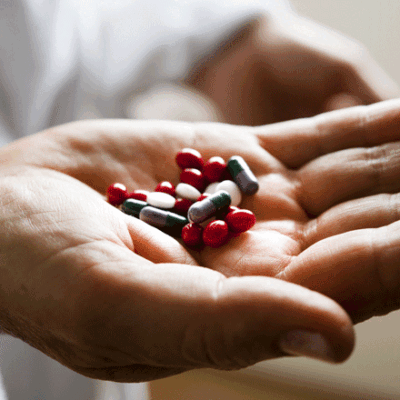Import Manufacture and Sale of Drugs
The import manufacture, and sale of drugs are regulated by government agencies in many countries to ensure that drugs are safe, effective, and of good quality. The specific requirements for import, manufacture, and sale of drugs vary by country, but the following are some general principles that apply:
- Import: Import of drugs is generally subject to regulatory approval, and importers must ensure that the drugs meet local regulatory requirements, such as quality, safety, and efficacy standards. Importers must also comply with local customs and taxation regulations.
- Manufacture: Drug manufacturing is subject to regulatory approval and compliance with good manufacturing practices (GMP) or other quality standards, such as ISO 9001. These standards ensure that the drugs are produced in a safe, effective, and consistent manner.
- Sale: Sale of drugs is subject to regulatory approval and compliance with various regulations, such as labeling and packaging requirements, pricing regulations, and licensing requirements for pharmacies and drug distributors.
In addition to the regulatory requirements for import, manufacture, and sale of drugs, governments also have regulations and policies in place to promote access to essential medicines, especially in low-income countries. For example, the World Health Organization (WHO) has developed a model list of essential medicines, which serves as a guide for countries in prioritizing the drugs that they should make available to their populations.
Overall, the regulation is essential for ensuring that drugs are safe, effective, and of good quality, and that they are made available to the people who need them.
You may be interested in the programs below:

